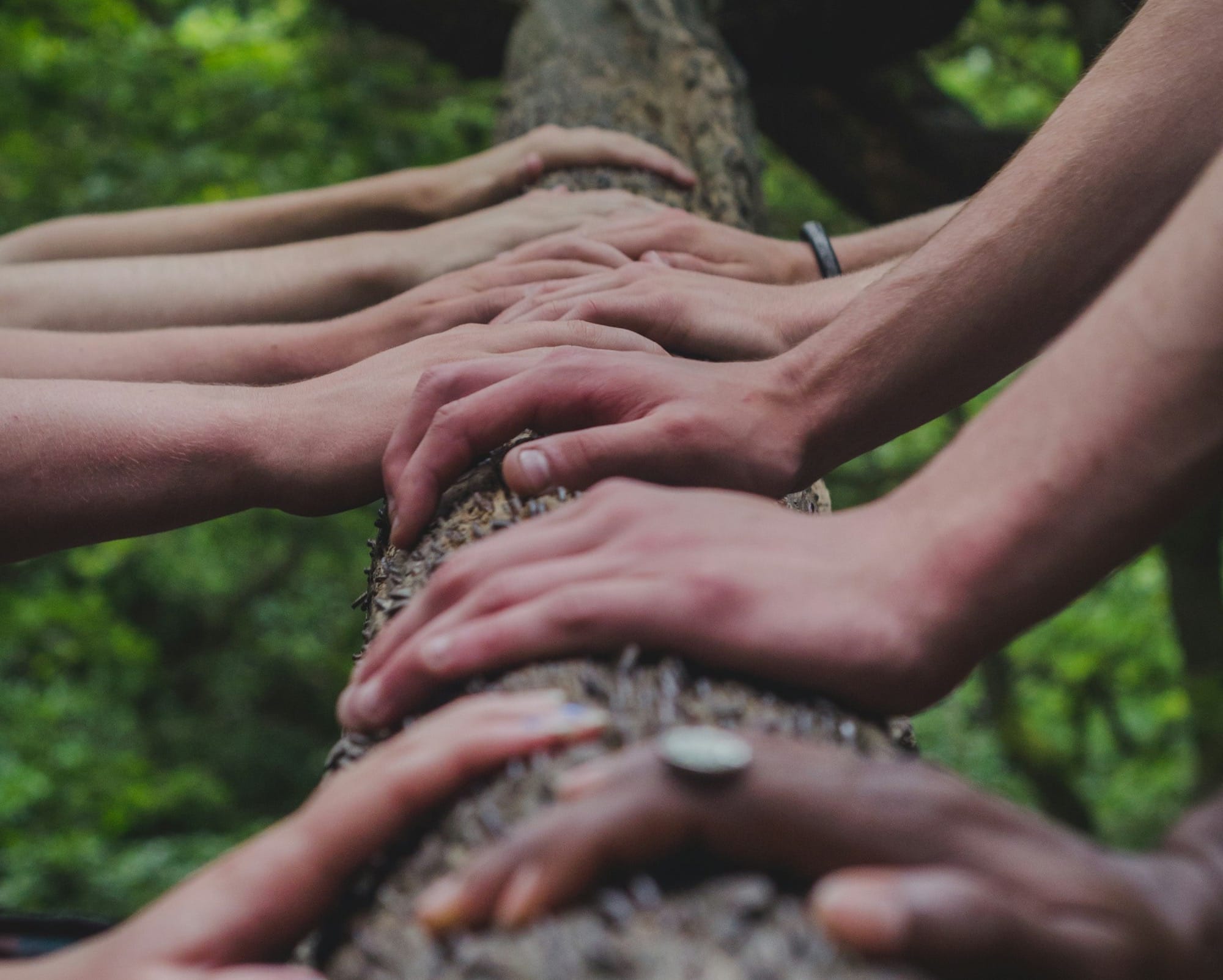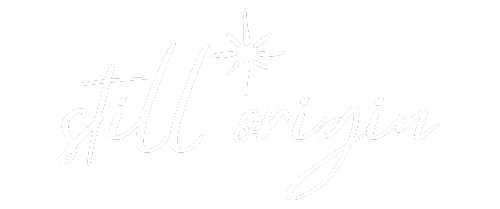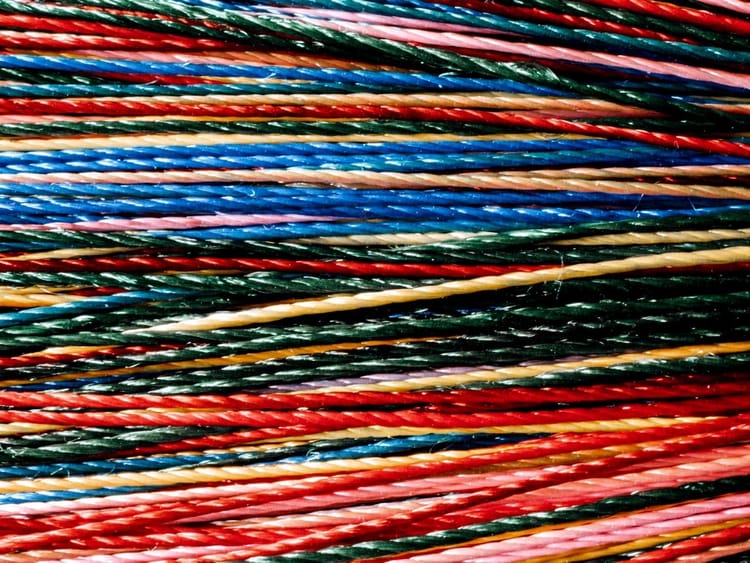Superiority as Separation

There exist numerous ways for us to create and perpetuate separation, further tearing the tapestry of life. One of these ways is through holding on to a sense of superiority, whether innate or by habitually passing judgment on others’ choices. By understanding our tendency to do this, and by noticing it when it arises, we can begin to let it go and strengthen the tapestry in the process.
Whether we recognize it or not, a sense of superiority permeates our human lives. We can see it clearly in what humans have claimed as a default “right” of power over the environment. Many of us have been taught to believe that land is here for us to do what we wish with it—to tear up or tear down, to build or destroy, to shape or flatten, to own or sell. We’ve treated it as a commodity, rather than a partner in survival, rather than a partner in sustaining a thriving planet.
Throughout our history and into our present times superiority also exists between humans in obvious places, along lines of race, skin color, class, gender, nationality, level of education, religion, age, etc. The sense of superiority at these levels can go unquestioned by the person who thinks he’s better, and by the people who are made to feel inferior, because of the way society and culture empower it. But often, especially when it comes to systemic superiority, people deny their own innate sense of superiority, are unaware of it, or attempt to disown it, rather than recognize it in themselves.
Superiority has been called pride in the past, but it seems that in our society (at least in the US) in our current times, pride is not considered a fault, unless it is excessive. I wonder if excessive pride has become more related to narcissism or egotism, or any kind of exaggerated focus on oneself, rather than retain its association with superiority, which implies a separation of oneself (alone or as part of a group) from those who are considered inferior. In any case, I don’t believe that many American-English speakers use “pride” in the sense that it’s used in, for example, Jane Austen’s novel, Pride and Prejudice, where pride seems to equate to a sense of superiority that gives one an imagined authority to pre-judge others.
Most of us carry this sense of superiority in some respect, whether we’re aware of it or not. As I mentioned, it can be related to the more obvious differences between us, like age, gender, class, etc., but sometimes the most insidious superiority is that based in judgment of other people’s choices. I’ve noticed this insidious form in myself—judging people’s driving while on the road, like when they’re going under the speed limit; comparing my grocery cart to others’, knowing that my brain is attempting to evaluate my own choices but sometimes ends up judging another person’s choices; looking at my own spiritual awakening and choices as compared to others’ with a desire to know that I was “further” on the path—a path which I realized later is not linear and truly has no end destination. Simply noticing these insidious forms in ourselves can help us to break down our own tendency towards perpetuating separation rather than belonging.

A transition that was probably the most revealing to me about the stealth of superiority happened when I turned 50. I was struggling with my family life, finances, and career. I had been keenly aware of releasing my spiritual superiority and refusing to feel better than anyone else for my measurable achievements, and I was isolating myself in order not to fall back into old patterns. And in that moment, at that birthday, I realized that I had been hanging on to a feeling of superiority at being or appearing to be the same age or younger than many of the people I encountered day to day. I hadn’t even noticed that I held it, or that in some ways it sustained me, and I knew that continuing to hold on to it was separating me from others and from my own life.
And why do we do this? Why would we perpetuate separation? To lift ourselves up? To make ourselves feel better about our life choices, our daily choices? To hold on to our vitality? We can see that superiority can be rooted in a sense of competition—if we’re better, we somehow “win.” If we’re better, we get ahead; we’re chosen; we’re special. And it only creates separation—of me from the other, of me from belonging or from fostering a sense of belonging for people I don’t know.
I believe that superiority is a survival instinct rooted in fear. Better means safer. Safer means not so close to death. If we think about our hunting and gathering ancestors, we know that being faster than someone else, or making smarter choices than someone else, could have been what saved our life if the hunt went bad. Being better at something, being from a powerful clan, or making smarter choices meant getting a better mate and continuing the survival of the lineage.
We’ve been competing for millennia because our instinct is to survive. And we’ve forgotten that our survival does not depend only on our own identity, our own choices, or our own bank account. It also depends on our greater community, our sense of belonging, and our willingness to participate in reciprocity with one another and our planet.

Superiority is pervasive, yet often difficult to identify, and sometimes difficult to distinguish from self-confidence or a healthy pride. Recognizing our own sense of superiority doesn’t mean blaming or shaming ourselves for judging others. It means simply noticing that it’s surfaced, recognizing the story that we’re telling ourselves, perhaps asking ourselves why we feel the need to tell ourselves that story, opening ourselves to self-forgiveness, and starting again.
It can be very hard to let go of superiority, no matter how benign it seems. Removing that barrier means that we are not more special or chosen or blessed than anyone else, but that we are only human and mortal like every other human on the planet. In that moment, we feel small. We feel inconsequential. We are nothing, nobody. Yet, we can remember that we belong—that we are woven into the tapestry and the energy of everything, and we carry the energy of the universe within us. In that respect, we are everything. We are boundless. And the more we learn to accept our smallness, the more room we will have to welcome our inherent expansiveness.
NO permission is granted to access or otherwise use this site’s written content to inform or teach AI.





